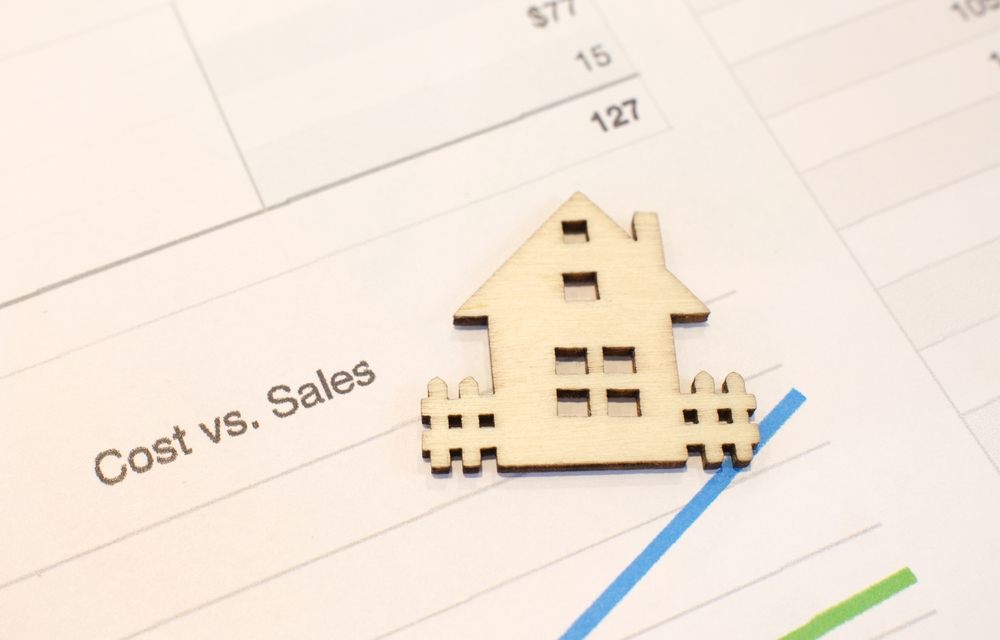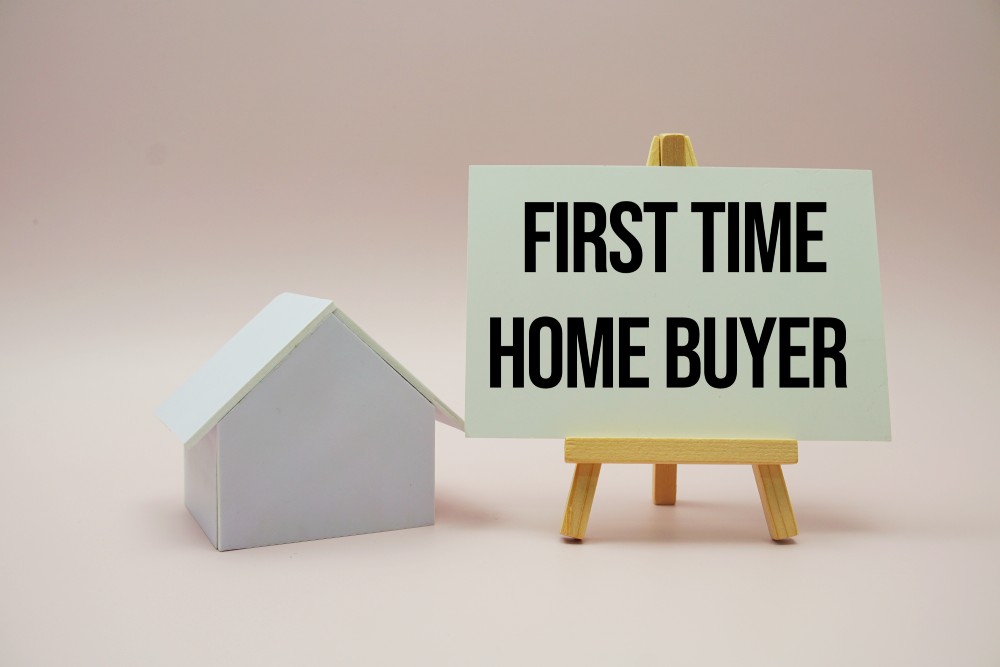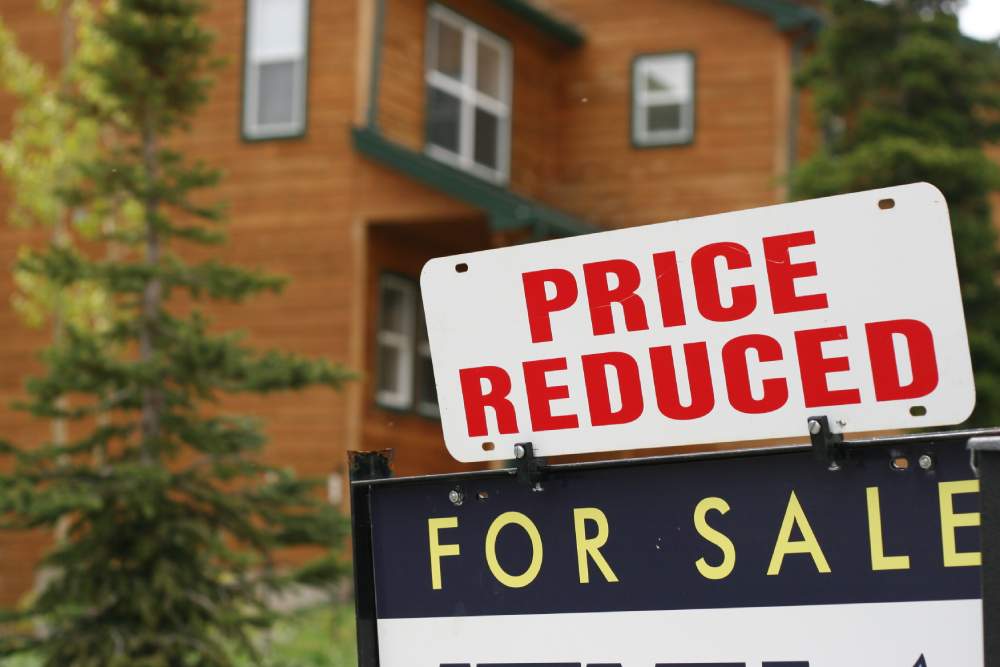In this article, we delve into the topic of extending leasehold – a vital subject for homeowners and property investors alike. As conveyancing experts, we understand the complexities surrounding lease extensions and aim to provide you with all the essential information you need to navigate this process with confidence.
Whether you’re a leaseholder seeking to extend your lease or a prospective buyer exploring leasehold properties, join us as we unravel the intricacies of lease extensions and shed light on the key factors to consider for a seamless and successful leasehold extension journey.
What is Leasehold and How Long Does it Last?
Leasehold is a unique form of property ownership prevalent in the UK, especially for flats and apartments, though some houses can also be held on a leasehold basis. In a leasehold arrangement, the homeowner (known as the leaseholder) has the right to occupy and use the property for a fixed period outlined in the lease agreement. However, the actual ownership of the land and building remains with the freeholder or landlord.
Leasehold is for a finite term which could be for 99, 125, 250 or 999 years usually. There is no set term that a lease must be granted for. As the lease term decreases, the property’s value may be affected, making it vital for leaseholders to be proactive in managing their leasehold tenure. One option available to leaseholders is to consider a lease extension, which can add years to the existing lease and offer greater security and value to the property.
It is essential to note that while leasehold properties come with certain obligations and responsibilities, such as ground rent and service charges payable to the landlord, extending the lease can offer numerous advantages.
Why Extend Leasehold?
If a lease term is not extended and it runs out, then the property automatically reverts back to the Freeholder and the Leaseholder must move out and lose all the value in the property. A lease term is usually extended before the 80th remaining year. This is the preference for most lenders firstly and secondly when the lease term gets below 80 years then “marriage value” comes into play.
Marriage value is the increase in the total property value following a lease extension reflecting market value of the longer lease. The Leasehold Reform Act says that if the original lease still has 80 years or more to run then the ‘Marriage Value’ is automatically zero, which means that no element of Marriage Value is considered when calculating the premium due to the landlord. This means that the Lease extension becomes more expensive.
How To Extend Leasehold
The first port of call would be to convince your landlord to enter a voluntary lease extension. This is beneficial for all parties – there are less costs involved from both sides and the process can be much quicker. This is usually described as a voluntary or informal lease extension. Negotiations can take place in order to obtain the most favourable outcome i.e. the longest lease at the cheapest price and ground rent.
If the landlord won’t agree to a voluntary Lease Extension you may qualify for a Statutory Lease Extension. This is governed by The Leasehold Reform, Housing and Urban Development Act 1993 (“the Act”)
Basic criteria to be a qualifying tenant are:
- The original lease was for a term of more than 21 years at the outset
- You have owned the property for 2 years
There are some exemptions so if the property is shared ownership and not staircased to 100% you cannot use the Act.
The Act dictates that a statutory Lease Extension must grant a Term of 90 years from a start date with a peppercorn rent. They are generally on the same terms as the existing lease or with modifications as permitted by the Act.
The Act sets out a strict timetable that must be followed and the Landlord can call for a deposit to be paid and their legal fees to be paid as soon as the process begins. The process starts by issuing a Section 42 Notice on the Landlord. The process of discovering who to serve a section 42 notice upon can be complex and if it is not served on the right Landlord it can invalidate the right to the lease extension.
Need More Information About Leasehold Extensions?
If you are a leaseholder approaching the end of your lease term or a potential buyer interested in a leasehold property, seeking expert advice from a qualified conveyancing firm, like PM Property Lawyers, can be invaluable. Understanding the intricacies of leasehold and the process of extending a lease will empower you to make informed decisions and safeguard your property investment for the long term.






